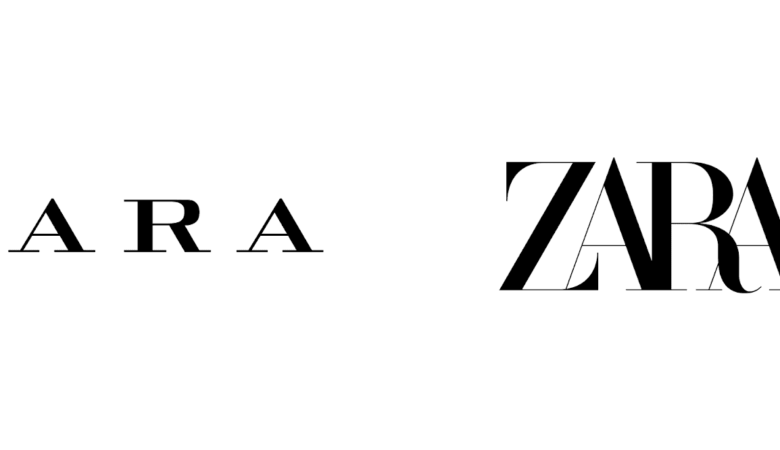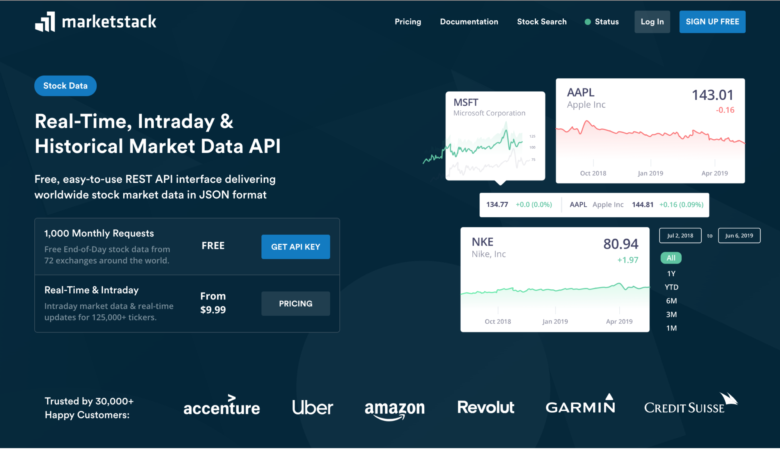There is plenty of opportunity to make a decent living online. The field of web design is extremely popular in the current information age. Everybody needs to have a website up and you can always find a few solid business clients. But what about building upon your already-existing techniques?
I admit it can be difficult finding the time to study new web design skills. Thus as a freelancer it’s important to understand how you can teach yourself while working on individual projects. I have gone into a few tips below which I’ve personally used over the years. But as all professional freelancers know, it just takes time and a lot of dedication. Keep your spirits high and things will surely work out!
Constantly Push New Boundaries
It can be a terrifying experience looking for a new project to work on. It is really important to understand that web design isn’t just a process of creating mockups in Adobe Photoshop. Most of the client work you land will also require HTML/CSS styles to code the layout into a functioning website. And for more complicated projects maybe even backend CMS stuff (WordPress, Joomla!, Pligg, Drupal).
If you are still flaky in this area I recommend our HTML5 & CSS3 guide which goes into a lot of detail. But what should you do once coding a simple HTML website becomes child’s play? You have to keep moving forward! Apply for a freelance gig just out of your skillset – maybe requiring animated jQuery scripting, PHP backend code, or even building a full Ajax interface. Or try your hand at building new templates and plug-ins for the constantly expanding CMS market.
Don’t get discouraged if you can’t figure out the process right away. And you most likely won’t land every job you apply for, either. But if you feel ambitious towards learning a new skill why not get paid to do so? You should constantly be trying to learn something new which you may feel uncomfortable with at first. It generally takes anywhere from 2-5 days to nail down a concept, so this would be plenty of time to construct a freelance project as well!
Read Design Blogs
Some professional designers have quit the freelance lifestyle to instead write articles and tutorials with their skill. These web blogs have grown in popularity with developers writing about guides, tips, tutorials, and sometimes even freebies. I found a very detailed list of web design blogs you may want to check out.
It may pleasantly surprise you at just how much free information is available these days. If you don’t have the time to browse 20+ blogs Google may be an easier alternative. For example if you need to learn how to build a thumbnail image upload script in PHP try a few different queries while mixing these keywords. You will find not only blogs, but web forums and discussion boards where people have asked for help on a similar project.
Another big piece to reading design blogs comes with keeping up-to-date on web trends. Web designers are always talking about the latest buzz for WWW standards. A great example is how the web community has designed rounded corners. Back in the day you would create a pixel-perfect image and use the sliding doors technique. But these days why not just setup CSS3 border properties instead? Well you likely wouldn’t understand this method unless you pickup the news from somewhere.
Ask for Help if Needed
By far Stack Overflow is the most comprehensive and helpful community for newbies developing for the web. The system promotes a Q&A format where you can ask for help on a programming task for practically any language. Then users can find your questions and hopefully provide an answer or helpful reference material. But without an account you can still find older archived questions through Google, usually with a great follow-up explanation.
The smartest web developers honestly do enjoy sharing their knowledge. It takes years of programming to memorize paradigms and easily incorporate these ideas into your work. Thus if you don’t cannot understand a concept don’t blame yourself! Try joining a few web communities and see if any experienced members can help out.
Build Client Relationships
Whenever you approach a new project job it’s best to try and get to know the client. If you know you’ll have to study up on a new technique before the task is completed you can likely get away with a larger timeframe. But you should be up-front about this if you’re skeptical so the client won’t be waiting on your move.
As you complete more work and build your design knowledge you’ll gather a long list of contacts. Keep your most respectful customers close (and especially repeat clients!) since they are the best way to keep you in business. Providing stable, quality work is a surefire way to prove your loyalty and devotion to the trade.
Your name will slowly leak throughout the Internet and over time you may have clients coming to you for work! It’s important to manage your time properly and not over-extend yourself. Realistically the best schedule is to focus on a single client project at once. This gives you time to also focus on your own side-projects and still have a bit of time away from the monitor and keyboard.
Use Fair Pricing
New freelancers will still feel confused about a pricing model. This takes time to develop with confidence since you need to realize how much your time is worth. And as you learn new skills by completing more projects, your time becomes worth a whole lot more.
But during the early days it’s important to keep a relatively sub-standard price sheet. This is especially true for web designers still looking to build up a digital portfolio. If you are happy to do initial work cheaper it may lead to long-term relationships for work. But also realize that your time isn’t worthless and “free” can only go so far.
Most people looking for a website are realistic with their goals. They know how much can be spent, or if it’s a charity organization they may not be able to pay anything. If you feel the learning experience is worth the free work then by all means chug right along. But never pass up an opportunity to learn something new, and don’t sell yourself short on the difficult projects.
Related Links
- FreelanceSwitch Blog
- 9 Tools for Managing your Freelance Design Business
- Tips for Landing your first Freelance Design Job
- How To Get Paid Freelance Work While You’re Still A Design Student
- 7 Skills of Highly Effective Freelance Graphics and Web Designers
- 10 Most Sought-after Skills in Web Development
Conclusion
The digital age of 2011 has introduced some astounding new technologies. Mobile phones have become the pocket computer of our future with ever-increasing hardware specs. Being a web designer at this time proves you have not only dedication to the industry but also a great respect for creativity.
I’m sure we have plenty of designers who have worked freelance or continue into this day. If you have any questions or comments please let us know in the discussion area below. We’d also love to hear from professionals on your tips for learning new skills while working on projects.










Great Article, this is very useful for the freelancer designers. thanks
I have always said that if you are stuck on something and you type something and Google suggests it, you are on track. The rest, comes with it. The community, the evolving, and what not.
I tend to feel depressed when I feel my job becomes mechanic, IE, what I am doing I already know and thus, isn’t novel. It’s a good and bad thing to have. Good because it DOES force me to learn new things (I always try to use something NEW in every design I do, be this WP, PS, HTML/CSS/jQuery/PHP whatever); the bad thing is that I get scared at facing then and I get inhibited by it.
Anyway, I wish people would take these advises of this article to heart. They truly are spot on.
you article helps me alot and i would like to share with my friends too. thanks
Great piece – Maybe as a followup it would be wise to give some guidance as to how to price. I am philosophically against “free” work and encourage others to not do so either. Whether you trade services, or work a deal, it’s important to be compensated for your time. However, the balance to that is that many freelancer’s aren’t aware HOW to charge, let alone WHAT to charge.
Being a freelancer typically doesn’t allow for an AIGA membership in the budget so it would be nice to have some guidance from more seasoned professionals and how they handle being confident in their skills.
Thanks again –
Good read.
I really like how I can learn more about new stuffs and pick up a few skills while I’m doing web design work for my client.
Getting inspirations from various design blogs is a good start. Coding might be hectic for starter but once you catch the fundamental idea, you will pick up things faster.